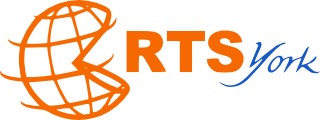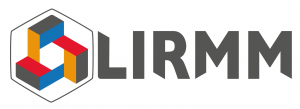
Chair for Integrated Digital Systems
The place for innovation, education and collaboration in Integrated Digital Systems.
Team
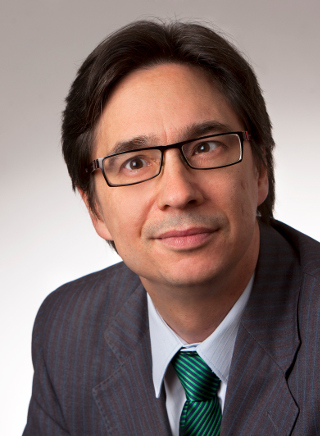
Prof. Dr.-Ing. A. Garcia-Ortiz
Chair for Integrated Digital Systems
Since the 1st of April 2010, I hold the chair for Integrated Digital Systems at the University of Bremen. As full professor, my responsibilities cover all the aspects of research and teaching in this subject.
+49 421218 62533
agarcia (at) item.uni-bremen.de

Kerstin Janssen
Foreign-language secretary
I am the person to contact for administrative and organisational issues. Being the contact point for the IDS, I support Prof. García-Ortiz and his team regarding staff-related queries as well as project-related topics.
+49 421218 62534
janssen (at) item.uni-bremen.de
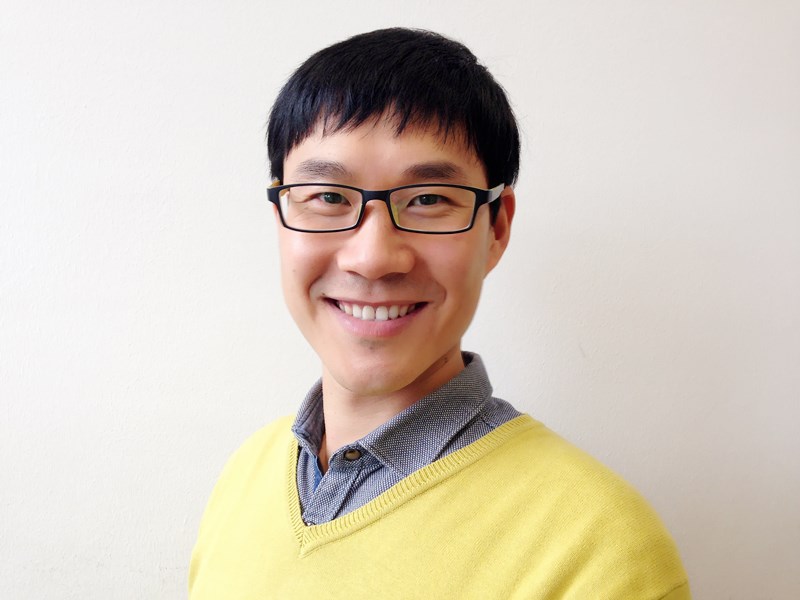
Dr.-Ing. Wanli Yu
Guest lecturer
My research focuses on the following topics: Low-power embedded sensor networks, Internet of Things, machine learning, mobile edge/fog computing, distributed systems and computing, network performance optimization, energy aware task allocation and scheduling, convex optimization.
+49 421218 62523
wyu (at) uni-bremen.de
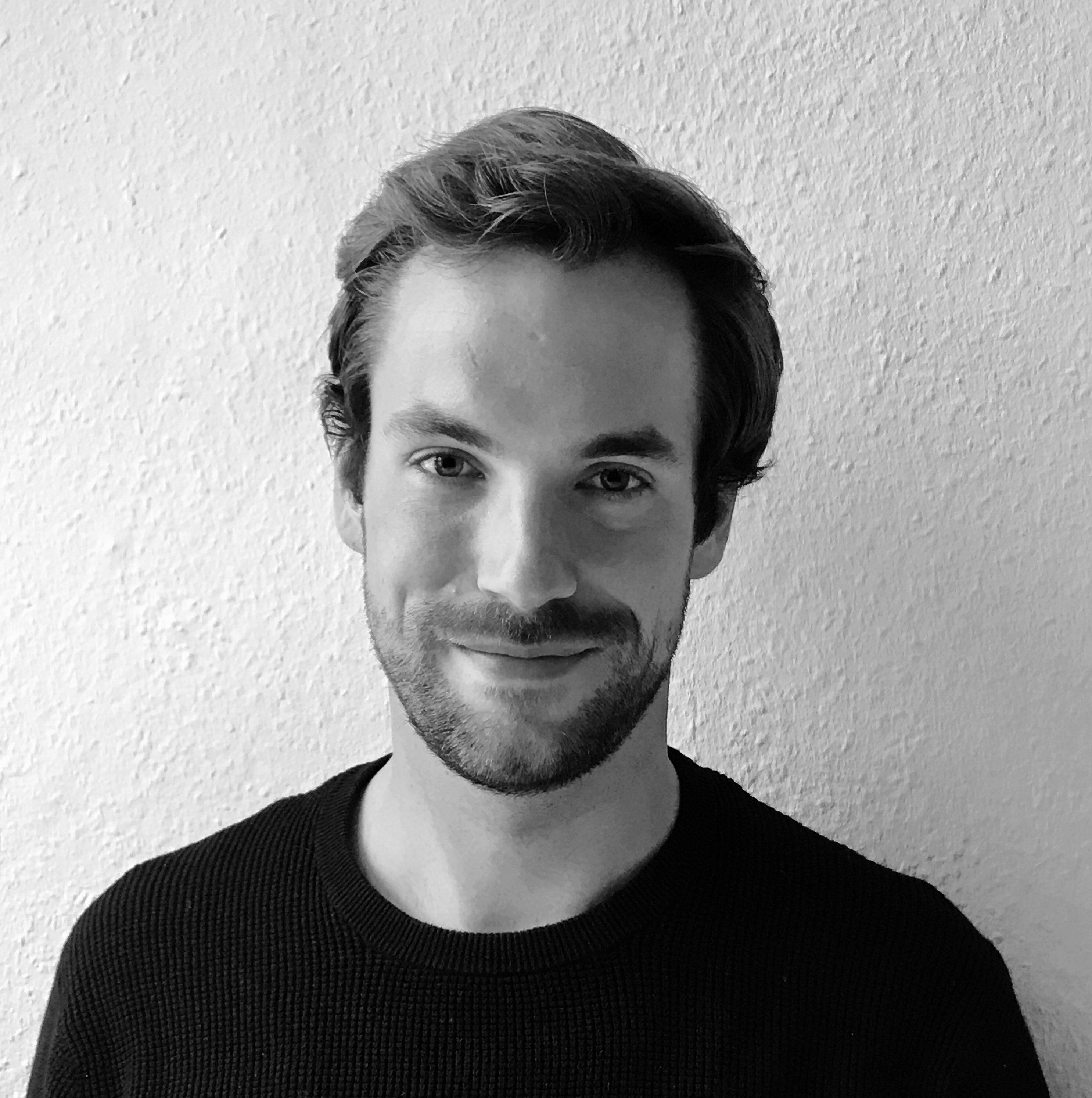
Dr.-Ing. Lennart Bamberg
Guest Lecturer
I am a Senior-Principal AI/ML Processor Architect and the head of the Advanced Computer Architecture Group at NXP Semiconductors in Hamburg, Germany. Since 2020, I am a Guest Lecturer at the University of Bremen responsible for classes on computer architectures and methodologies for efficient AI/ML on resource constrained devices.
bamberg (at) uni-bremen.de
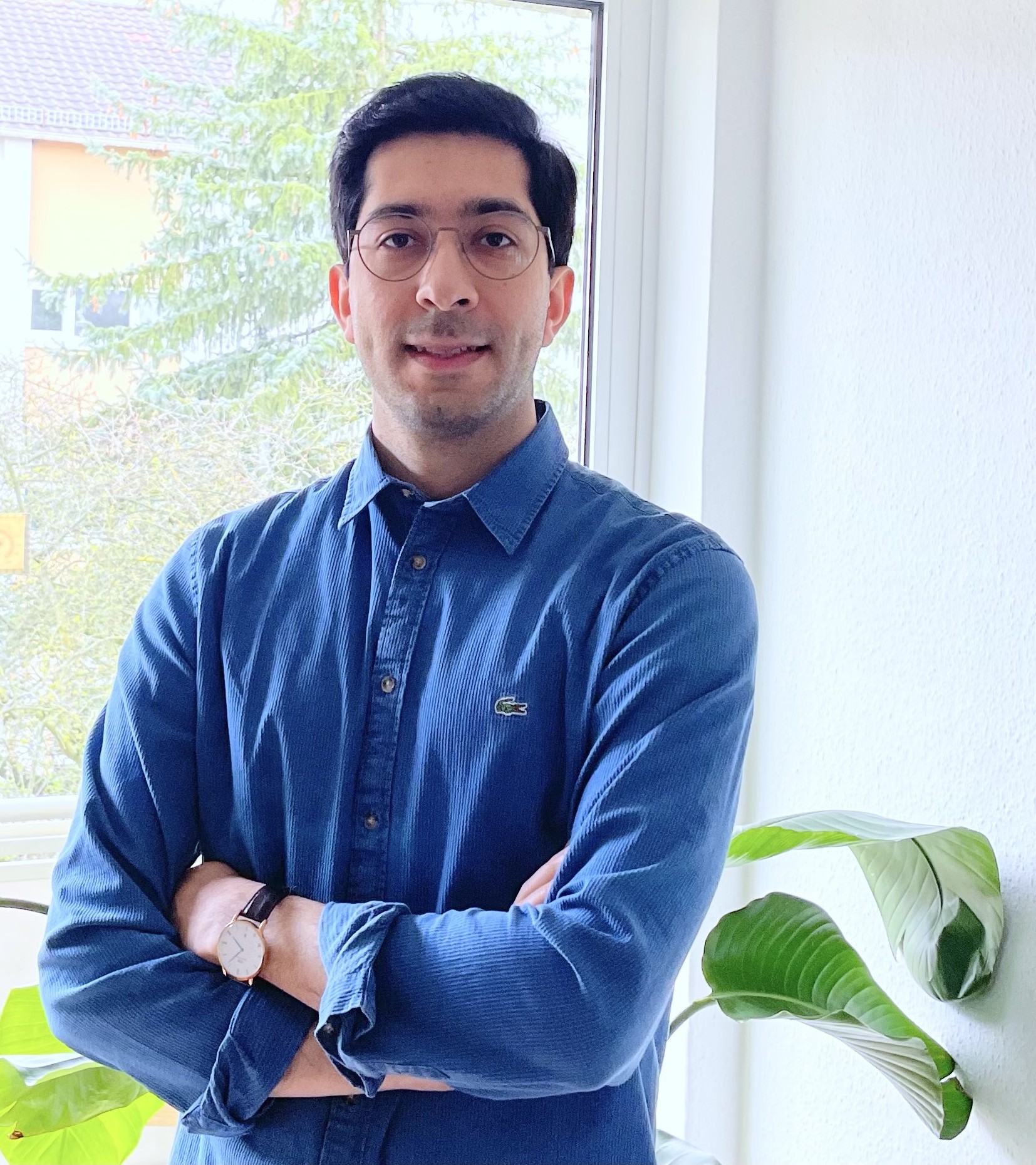
Dr.-Ing. Ardalan Najafi
Guest Lecturer
I am a Senior AI/ML Processor Architect and working since December 2023 at NXP Semiconductors in Hamburg, Germany. I am also closely collaborating with universities, particularly as a Guest Lecturer at the University of Bremen in the domain of hardware and artificial intelligence.
+49 421218 62518
ardalan (at) item.uni-bremen.de
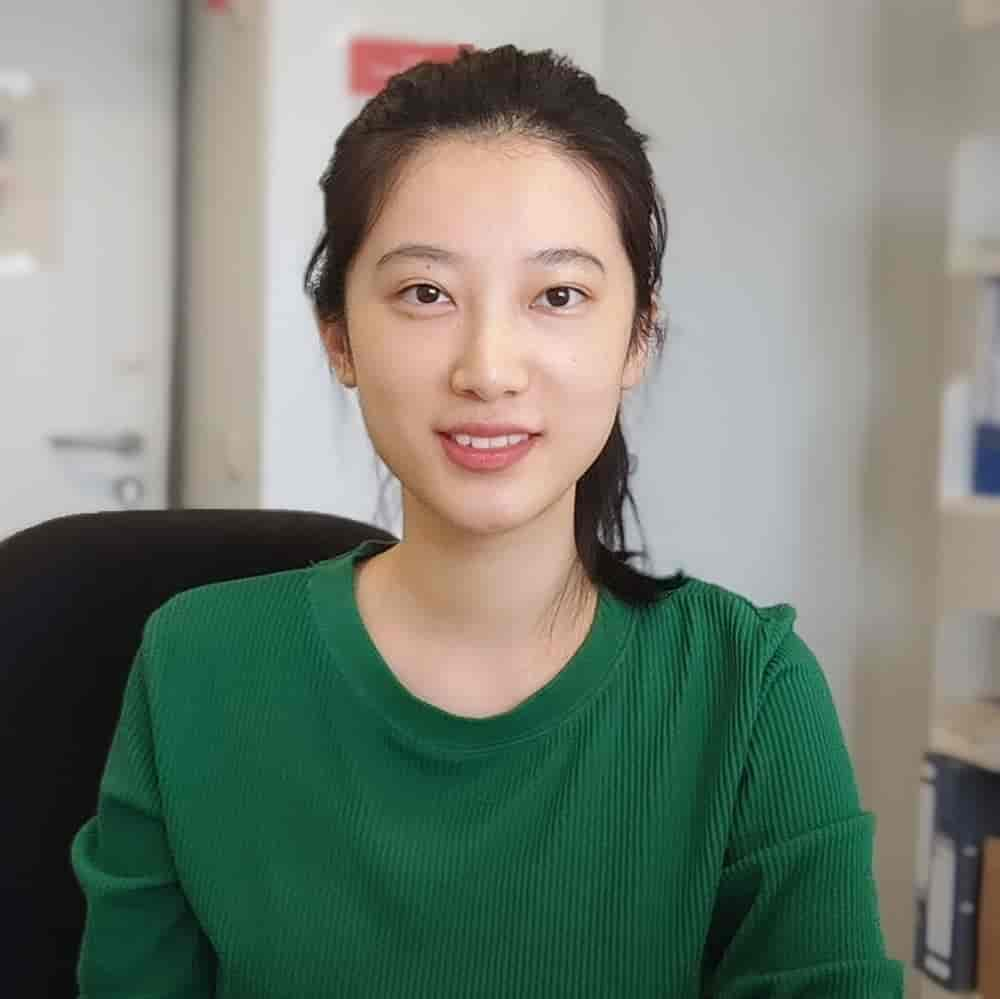
Jinming Sun
Scientific Assistant/Ph.D. Candidate
My research focuses on System Identification, Dynamic Systems, Machine Learning Methods, Adaptive Methods and Low Cost Design.
+49 (0) 421 218 62521
jinming (at) uni-bremen.de
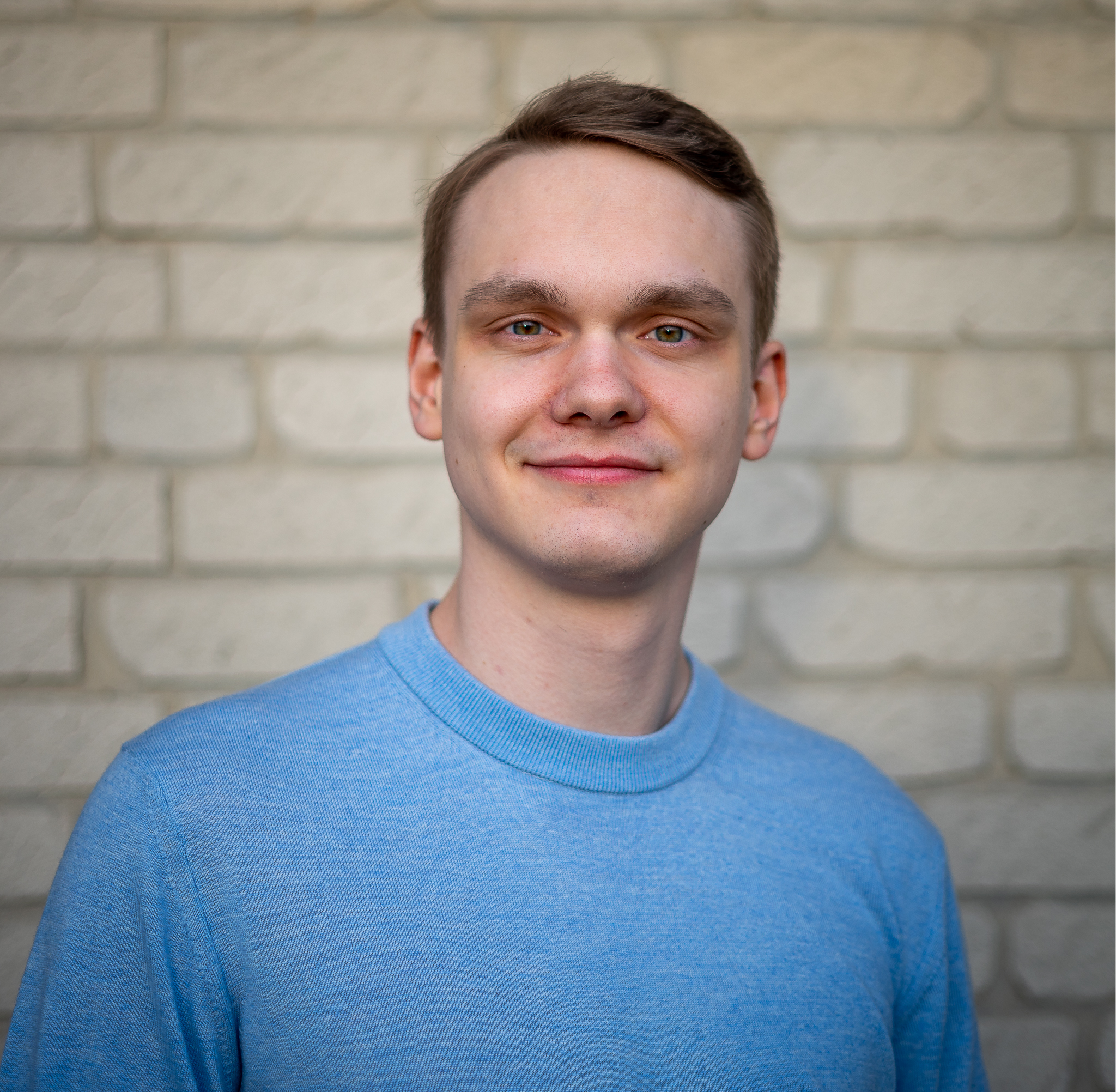
Sebastian Fischer
Scientific Assistant/Ph.D. Candidate
My research focuses on interconnect architectures for monolithic 3D archirectures.
+49 (0) 421 218 62517
sfischer (at) uni-bremen.de
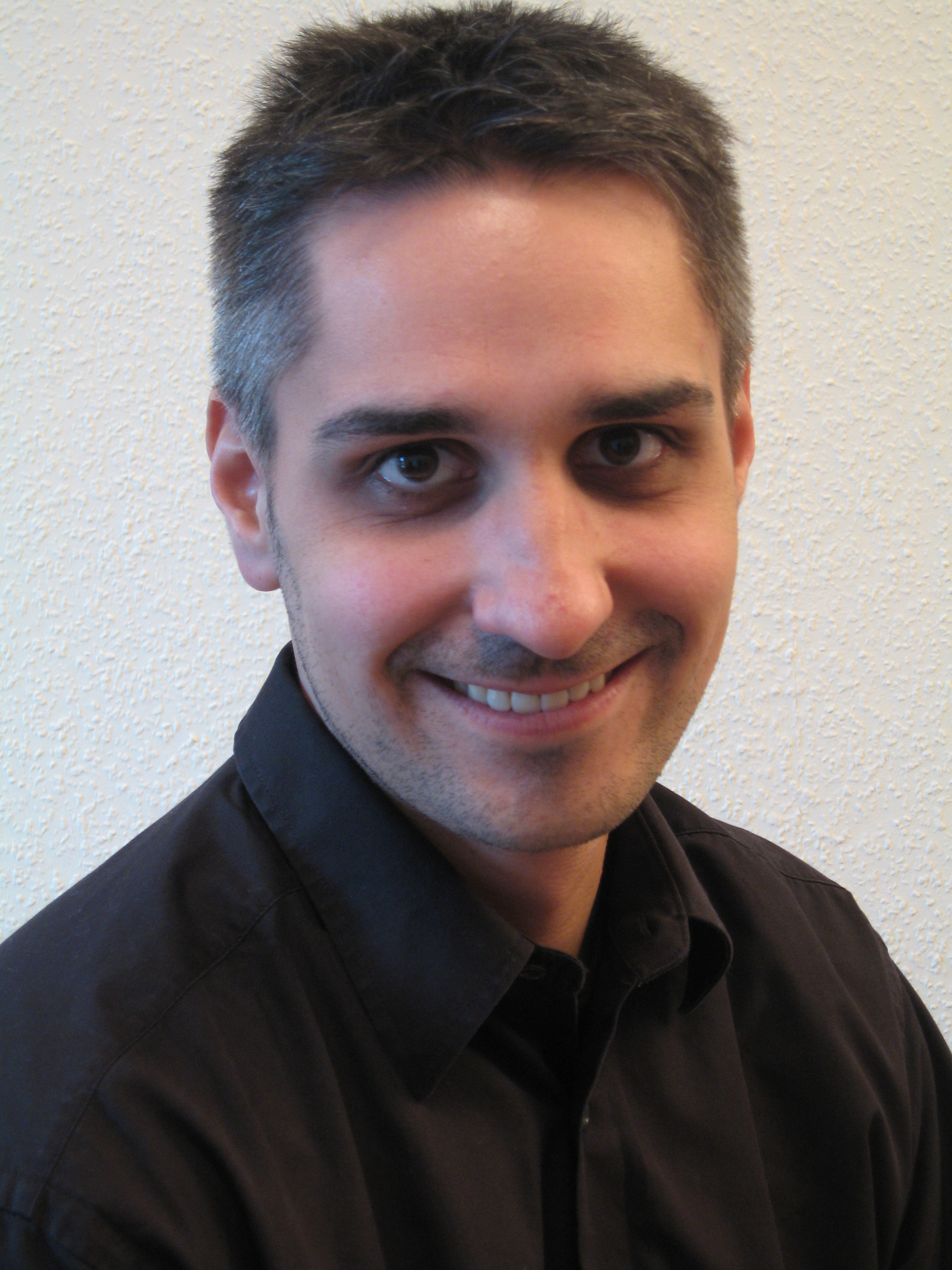
Lars Kleditsch
Laboratory technician
My main responsibilities are:
- Development, set-up and test of electronic prototyping systems.
- Programming embedded real-time systems in C / CPP and VHDL.
- Administration of the laboratories as well as the advice of employees and students.
+49 421218 62512
kleditsch (at) item.uni-bremen.de

Michael Peeper
Laboratory technician
My main responsibility is the development, organization and operation of ITEM's IT infrastructure. I am supporting the groups and students on the topics of IT systems and computer technology.
+49 421218 62526
peeper (at) item.uni-bremen.de
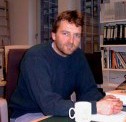
Peter Lutzen
Laboratory technician
I contribute to the development, organization and operation of ITEM's IT infrastructure. I am supporting the groups and students on topics of hardware a and the use of existing software application.
+49 421218 62510
lutzen (at) item.uni-bremen.de
Former staff:
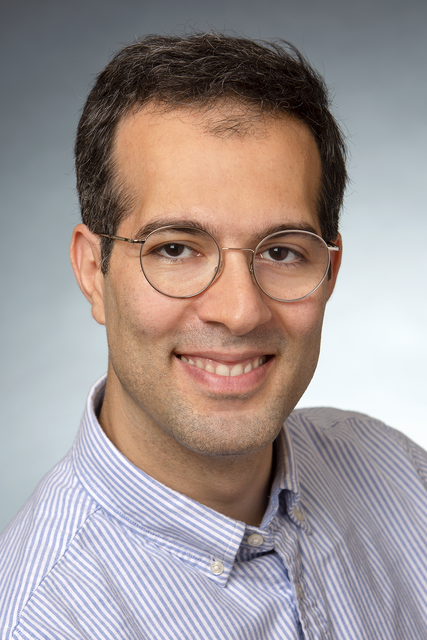
Dr.-Ing. Amir Najafi
Scientific Assistant/Post-Doc
My research focuses on power reduction techniques in nanometric interconnects using stochastic approaches.
+49 421218 62517
amir.najafi (at) item.uni-bremen.de
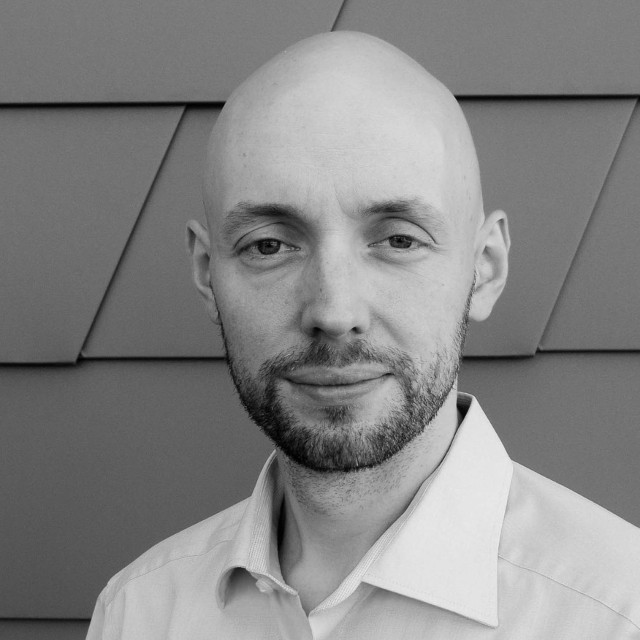
Robert Schmidt
Scientific Assistant
My research is directed towards the advancement of dependability enhancement techniques and tools, currently spanning the topics of low-power single event effect mitigation as well as error detection and failure prediction for graceful degrading multiprocessor systems.
+49 (0) 421 218 62524
rschmidt (at) item.uni-bremen.de
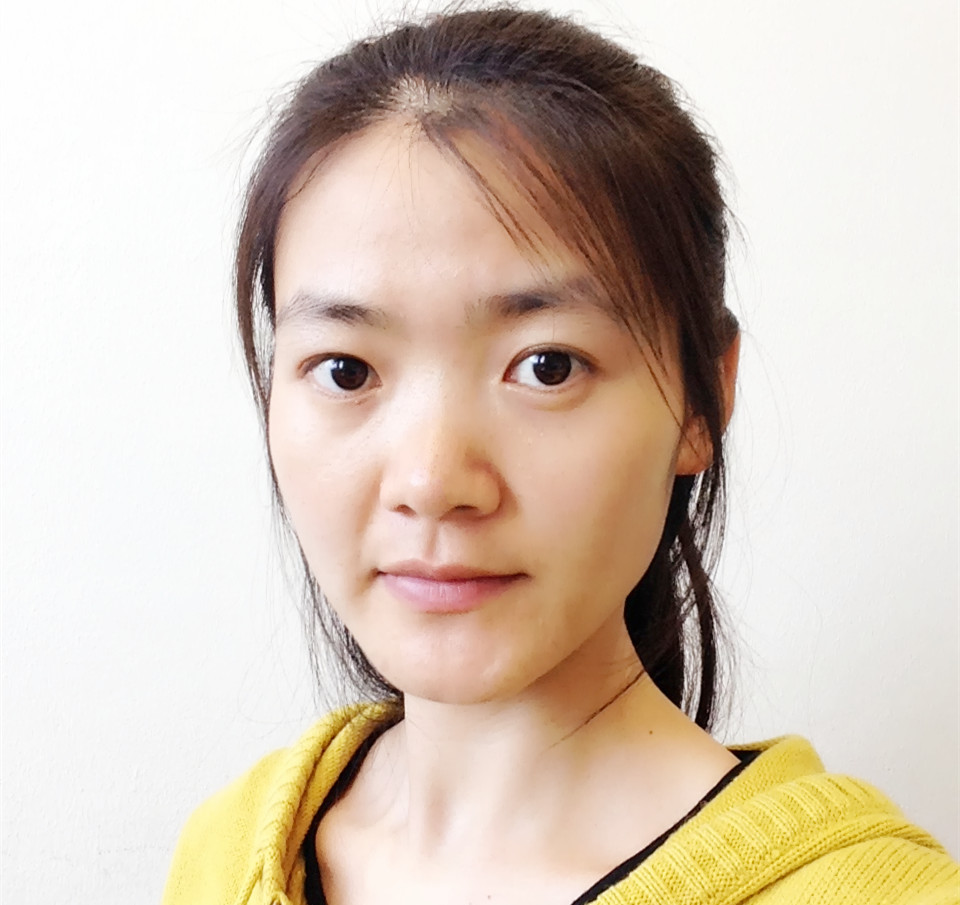
Yanqiu Huang
Scientific Assistant/Postdoc
My research focuses on the following topics:
- Energy efficient algorithms for internet of things (IoT) nodes
- Cross layer optimization of wireless sensor networks (WSNs)
- Disaster management with WSNs
+49 421218 62519
yanqiu (at) item.uni-bremen.de
Partners
We have numerous collaborations with national and international research groups, as for example:
Organized conferences
As part of our commitment with the dissemination of scientific results and the collaboration with other institutions, IDS has been actively involved in the organization of several major conferences and workshops. Among them, we have organized PATMOS, VARI, RECOSOC, and MOCAST where Prof. A. Garcia-Ortiz was general chair. He also served as general chair of the TOP2 of EOSAM in 2012 and as program chair of ISCAS in 2021.
MOCAST 2022
11th International Conference on Modern Circuits and Systems Technologies (MOCAST)
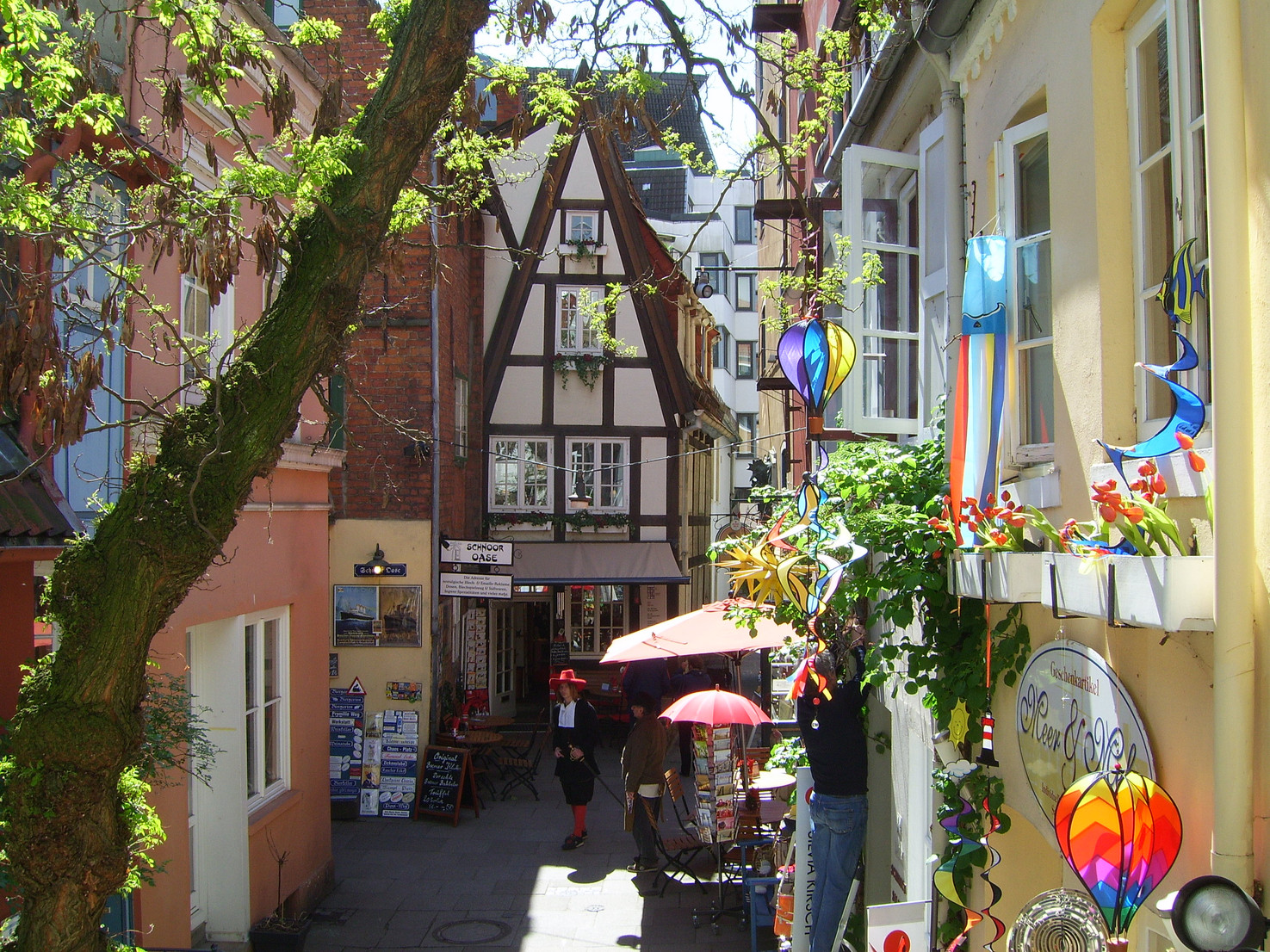 The International Conference on Modern Circuits and
Systems Technologies (MOCAST) on Electronics and
Communications aims to bring together leading academic
and industrial scientists and researchers to exchange
and share their knowledge and experiences about all
aspects of Circuits and Systems. It also provides a
forum for exchanging ideas, discussing research
results, and presenting practical applications in the
areas of modeling, design, simulation, synthesis and
implementation of Circuits and Systems. It provides an
interdisciplinary and multidisciplinary forum for
researchers, engineers and educators to present and
discuss the most recent innovations, trends, and
concerns, practical challenges encountered and the
solutions adopted in these fields.
The International Conference on Modern Circuits and
Systems Technologies (MOCAST) on Electronics and
Communications aims to bring together leading academic
and industrial scientists and researchers to exchange
and share their knowledge and experiences about all
aspects of Circuits and Systems. It also provides a
forum for exchanging ideas, discussing research
results, and presenting practical applications in the
areas of modeling, design, simulation, synthesis and
implementation of Circuits and Systems. It provides an
interdisciplinary and multidisciplinary forum for
researchers, engineers and educators to present and
discuss the most recent innovations, trends, and
concerns, practical challenges encountered and the
solutions adopted in these fields.
MOCAST 2020
9th International Conference on Modern Circuits and Systems Technologies (MOCAST)
 The International Conference on Modern Circuits and
Systems Technologies (MOCAST) on Electronics and
Communications aims to bring together leading academic
and industrial scientists and researchers to exchange
and share their knowledge and experiences about all
aspects of Circuits and Systems. It also provides a
forum for exchanging ideas, discussing research
results, and presenting practical applications in the
areas of modeling, design, simulation, synthesis and
implementation of Circuits and Systems. It provides an
interdisciplinary and multidisciplinary forum for
researchers, engineers and educators to present and
discuss the most recent innovations, trends, and
concerns, practical challenges encountered and the
solutions adopted in these fields.
The International Conference on Modern Circuits and
Systems Technologies (MOCAST) on Electronics and
Communications aims to bring together leading academic
and industrial scientists and researchers to exchange
and share their knowledge and experiences about all
aspects of Circuits and Systems. It also provides a
forum for exchanging ideas, discussing research
results, and presenting practical applications in the
areas of modeling, design, simulation, synthesis and
implementation of Circuits and Systems. It provides an
interdisciplinary and multidisciplinary forum for
researchers, engineers and educators to present and
discuss the most recent innovations, trends, and
concerns, practical challenges encountered and the
solutions adopted in these fields.
PATMOS 2016
26th International Symposium on Power and Timing Modeling, Optimization and Simulation
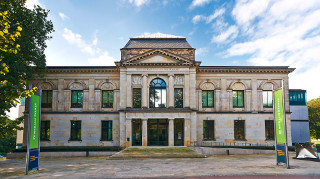 The PATMOS 2016 objective is to provide a forum to discuss and
investigate emerging challenges in methodologies and tools for the
design of upcoming generations of integrated circuits and systems,
including reconfigurable hardware such as FPGAs. The technical program
focuses on timing, performance and power consumption as well as
architectural aspects with particular emphasis on modeling, design,
characterization, analysis and optimization.
The PATMOS 2016 objective is to provide a forum to discuss and
investigate emerging challenges in methodologies and tools for the
design of upcoming generations of integrated circuits and systems,
including reconfigurable hardware such as FPGAs. The technical program
focuses on timing, performance and power consumption as well as
architectural aspects with particular emphasis on modeling, design,
characterization, analysis and optimization.
VARI 2016
7th International Workshop on CMOS Variability
 VARI 2016, collocated with PATMOS, is the 7th European Workshop on CMOS
Variability. The increasing variability in CMOS
transistor characteristics, as well as its sensitivity
to environmental variations has become a major
challenge to scaling and integration. This leads to
major changes in the way that future integrated
circuits and systems are designed. S
VARI 2016, collocated with PATMOS, is the 7th European Workshop on CMOS
Variability. The increasing variability in CMOS
transistor characteristics, as well as its sensitivity
to environmental variations has become a major
challenge to scaling and integration. This leads to
major changes in the way that future integrated
circuits and systems are designed. S
RECOSOC 2015
10th International Symposium on Reconfigurable Communication-centric Systems-on-Chip
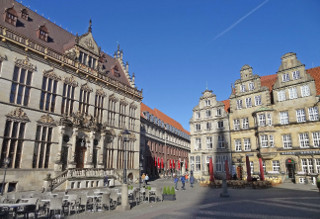 Over the past decade ReCoSoC has established itself as
a international reference event for research in the
areas of reconfigurable and communication-centric
systems-on-chip. Its informal and dynamic philosophy
encourages technical and scientific interactions of
both academic and industrial participants through
presentations and special sessions reporting latest
advances in the related areas.
Over the past decade ReCoSoC has established itself as
a international reference event for research in the
areas of reconfigurable and communication-centric
systems-on-chip. Its informal and dynamic philosophy
encourages technical and scientific interactions of
both academic and industrial participants through
presentations and special sessions reporting latest
advances in the related areas.
EOSAM 2012
European Optical Society Annual Meeting 2012: TOM 2-Silicon Photonics
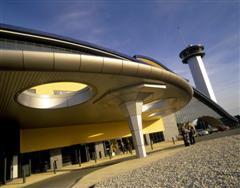 Novel developments and applications in the field of silicon photonics
and related areas, ranging from optical interconnects to sensing
applications will revolutionize conventional
microelectronics. Potential topics include, but are not limited to the
design, simulation, modeling and fabrication of optical inter-connects
(board to board, chip to chip or on chip), e.g. active optical cables
(AOCs), optical on chip routing architectures, clock distribution and
technologies as well as related design concepts for high speed, low
power photonic integrated circuits (PICs). Also (CMOS-compatible)
optical sources and detectors and the optimization of light emission
and absorption for data processing using materials such as SiGe or
III/Vs etc. will be discussed.
Novel developments and applications in the field of silicon photonics
and related areas, ranging from optical interconnects to sensing
applications will revolutionize conventional
microelectronics. Potential topics include, but are not limited to the
design, simulation, modeling and fabrication of optical inter-connects
(board to board, chip to chip or on chip), e.g. active optical cables
(AOCs), optical on chip routing architectures, clock distribution and
technologies as well as related design concepts for high speed, low
power photonic integrated circuits (PICs). Also (CMOS-compatible)
optical sources and detectors and the optimization of light emission
and absorption for data processing using materials such as SiGe or
III/Vs etc. will be discussed.

